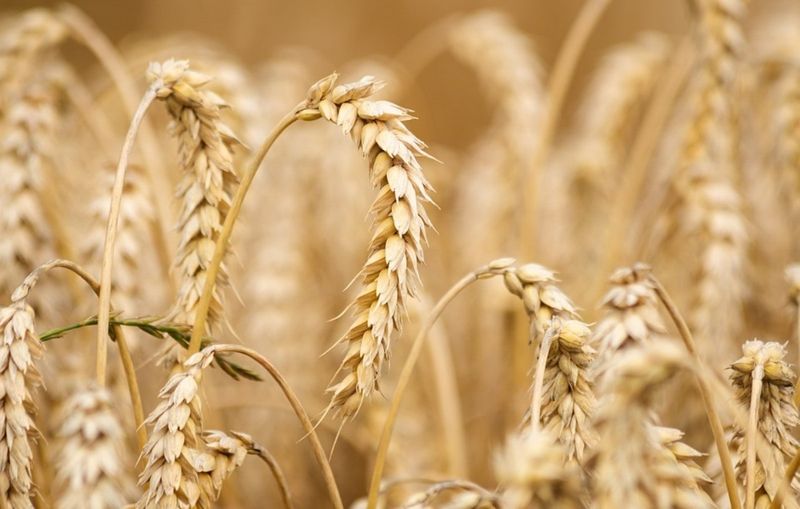Amid Food Insecurity, Pakistan Reports Record-Breaking Wheat Harvest

With ongoing disruption to global supplies caused by Russia’s invasion of Ukraine, there is some good news on commodities markets: Pakistan, one of the world’s top 10 wheat-producing countries, has reported a record-breaking harvest.
Pakistan’s highest wheat production in a decade is a welcome respite for its cash-strapped government struggling through economic, political, and food insecurity.
Pakistani Prime Minister Shehbaz Sharif took to social media on April 30 to announce that the country had attained a “record bumper” harvest of wheat totaling 27.5 million metric tons.
The announcement came as Pakistan has been dealing with record inflation and struggling to avoid a default on its debt as it recovers from last summer’s floods, which killed 1,379 people and caused $30 billion in damages.
On global markets, the prices of grains, vegetable oil, dairy, and other agricultural commodities have fallen steadily from record highs. But often the relief hasn’t trickled down to the real world of shopkeepers, street vendors, and families trying to make ends meet.
Food prices were already running high when Russia invaded Ukraine in February last year, disrupting trade in grain and fertilizer and sending prices up even more. But on a global scale, that price shock ended long ago.
According to the UN, food prices have decreased for a full year straight due to bumper crops in countries like Brazil and Russia, and a fragile wartime arrangement to allow grain supplies out of the Black Sea.
Food markets are so interconnected that “wherever you are in the world, you feel the effect if global prices go up,” said Ian Mitchell, an economist and London-based co-director of the Europe program at the Center for Global Development.
The Wilson Center, a nonpartisan research institute, reported on March 6 that 77 million Pakistanis are going hungry and 45 million are malnourished.
Though Pakistan is ranked among the top 10 wheat-producing countries, inflation has destroyed the purchasing power of the rupee, resulting in record prices for vegetables, beans, rice, and wheat.
The Central Bank of Pakistan raised its key interest rate by 100 basis points to 21 percent on April 4, pushing borrowing costs to their highest level since records began in 1992. Consumer price inflation in Pakistan accelerated to a record 35.37 percent in March from a year earlier, eclipsing February’s 31.5 percent, the statistics bureau said on April 1.
According to the Global Hunger Index 2021, Pakistan ranks 92nd out of 107 countries, indicating a “serious” level of hunger. The government of Pakistan has launched several initiatives to address food insecurity; however, it remains a significant challenge.
Read also
Join with the EARLY RATE – 22 International Conference BLACK SEA GRAIN.EUROP...
Brazil sugar output decreased by 23% — Unica
Algeria imposes a complete ban on durum wheat imports in 2025
Weather in Brazil and Argentina remains favorable for the future harvest of soybea...
Ukrainian flour exports are 35% behind last year’s volumes
Write to us
Our manager will contact you soon



